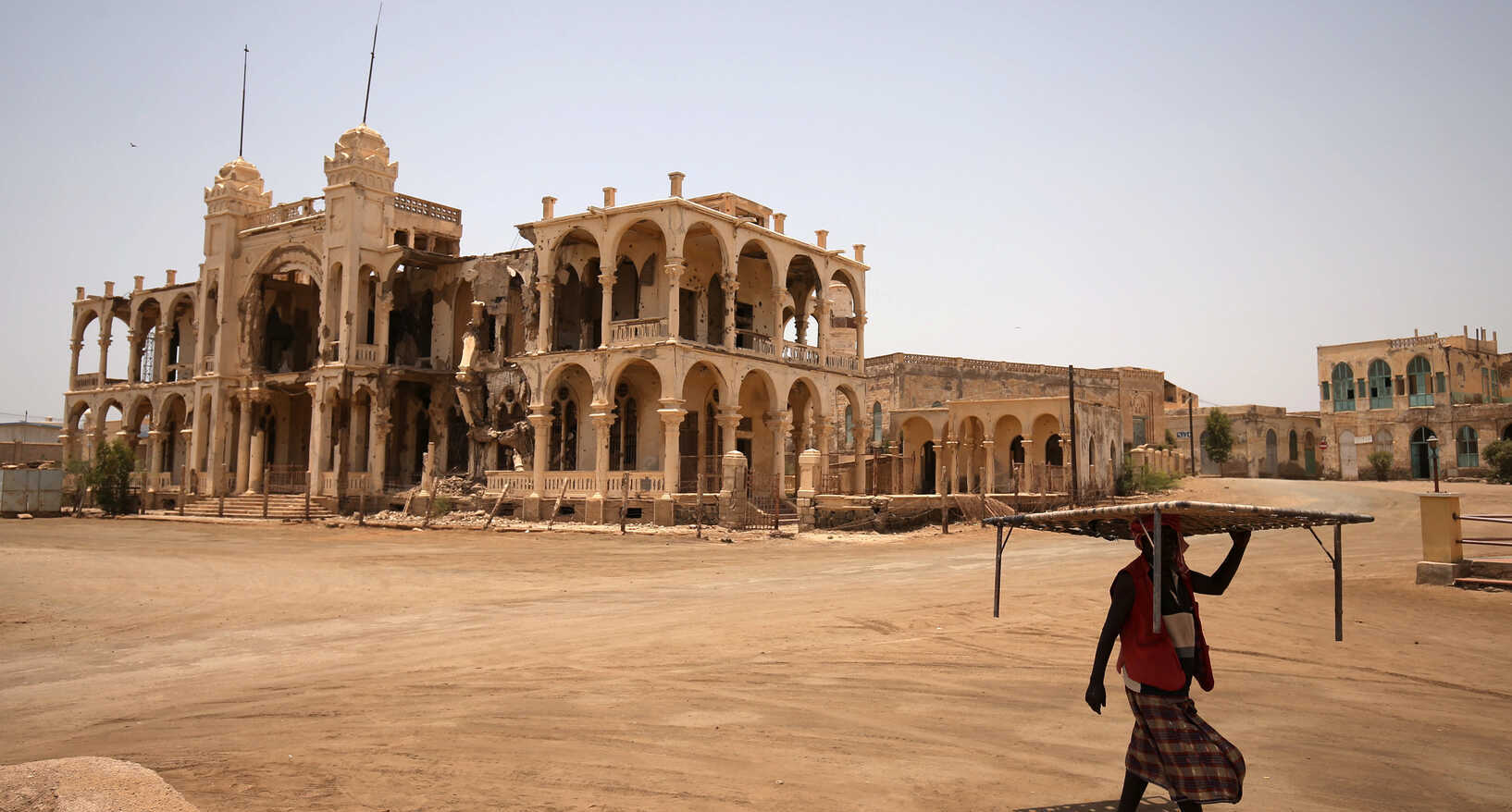By extending the mandate of the Special Rapporteur on Eritrea, the UN Human Rights Council made sure that the country’s six-year membership in the Council (2019-2024) did not deter, but rather came with enhanced, international scrutiny. DefendDefenders welcomes this decision, which nullifies attempts by human rights abusers to whitewash their record by joining the UN’s top human rights body.
“The Special Rapporteur will continue his work reporting on the grave violations committed by the Eritrean authorities,” said Hassan Shire, Executive Director, DefendDefenders. “Eritrea joined the Human Rights Council to cover up its abuses, but its manoeuvre failed as a majority of states made clear that membership is not a shield against scrutiny.”
The resolution adopted today (A/HRC/56/L.16) expresses deep concern about a range of human rights violations committed in a context of widespread impunity. They include arbitrary arrests and incommunicado detention, enforced disappearances, extrajudicial killings, torture, forced labour, sexual and gender-based violence, violations of freedoms of expression, conscience, religion or belief, and peaceful assembly and association, as well as indefinite conscription into national/military service. As no national elections have been held in Eritrea since 1993, the resolution emphasises that every citizen has the right to take part in the conduct of public affairs.
Ahead of the Council’s 56th session, dozens of civil society organisations urged the Council to adopt a resolution that extends the mandate of the Special Rapporteur and “fully and accurately reflects [Eritrea’s] human rights situation,” including the domestic situation and its impact abroad. The signatories mentioned, among other issues, extraterritorial attacks against the Eritrean diaspora.
The Council heeded their call to strengthen the annual resolution on Eritrea by making it more substantive. Resolution 56/L.16, however, remains below the expectations outlined in the civil society letter.
“The Human Rights Council can do more to address Eritrea’s appalling human rights record,” said Nicolas Agostini, DefendDefenders’ Representative to the UN. “Eight years after the Commission of Inquiry completed its work, we need to keep the accountability agenda alive. To do so, the Council could request the Special Rapporteur to assess what accountability options and processes are available to victims and survivors.”
The Commission of Inquiry on human rights in Eritrea, which was in place for two years (2014-2016), found that there are “reasonable grounds to believe” that crimes against humanity have been committed in Eritrea since 1991 and that Eritrean officials have committed and continue to commit the crimes of enslavement, imprisonment, enforced disappearance, torture, other inhumane acts, persecution, rape, and murder.
The Council is holding its 56th regular session from 18 June to 12 July 2024. It is expected to adopt over 25 resolutions covering both thematic issues (including freedom of expression, HIV and AIDS, discrimination against women and girls, and peaceful protests) and country situations (including, in addition to Eritrea, Colombia, Myanmar and Libya). The Council will consider the next report of the Special Rapporteur on Eritrea at its 59th session (June 2025).
For more information, please contact:
Estella Kabachwezi
Advocacy, Research and Communications Manager, DefendDefenders
[email protected] or +256 782 360 460 (English)
Nicolas Agostini
Representative to the United Nations for DefendDefenders
[email protected] or +41 79 813 49 91 (English and French)

